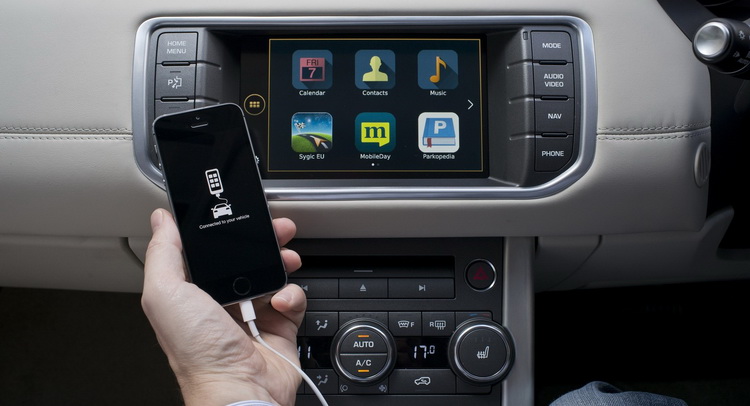Vehicles that use wireless technology such as Bluetooth and Wi-Fi are threatened by serious gaps in security and personal privacy according to a report from U.S Senator Ed Markey’s office.
According to the report, most of the car manufacturers do not have any protection systems that can detect breaches and that the security measures to prevent hacking of the vehicle’s electronics are “inconsistent and haphazard”.
16 manufacturers helped to form the report with their responses to the Senator’s office questions. The report says that almost 100 per cent of new vehicles on the market contain some sort of wireless communications technology but only two of the responding manufacturers answered that they could respond to a hacking threat “in real time”.
As cars become smarter, we get to benefit from their better safety, bigger efficiency and slowly but steadily their full integration with wireless communications. Smartphones are only now begin to invade at their full potential inside the automotive industry but according to the report, car companies have still to take actual measures against hacking and drivers’ privacy.
Security experts have long stretched the need to address this vulnerability but so far there are no rules on securing vehicles’ wireless systems with the release of Senator Markey’s report trying to change that.
“Drivers have come to rely on these new technologies, but unfortunately the automakers haven’t done their part to protect us from cyberattacks or privacy invasions,” said the senator.
Concerns about privacy are also raised, with the report finding that car companies collect large amounts of data on driving histories, frequently without customers even knowing about it or how it will be used. Some manufacturers give the data collection to third-party companies or even transmit the data to third-party servers.
20 manufactures received a questionnaire and 16 of them responded. The findings in the report are based on information received from BMW, Fiat Chrysler, Ford, General Motors, Honda, Hyundai, Jaguar Land Rover, Mazda, Mercedes-Benz, Mitsubishi, Nissan, Porsche, Subaru, Toyota, Volkswagen and Volvo. Aston Martin, Lamborghini and Tesla decided to not participate.
Connecting our cars to the Internet sure sounds exciting and allows endless possibilities but the carried risks are far from small. “The alarmingly inconsistent and incomplete state of industry security and privacy practices raises a need for the National Highway Traffic Safety Administration, in consultation with the Federal Trade Commission on privacy issues, to promulgate new standards that will protect the data, security and privacy of drivers in the modern age of increasingly connected vehicles” the report concludes.
By Michael Karkafiris




